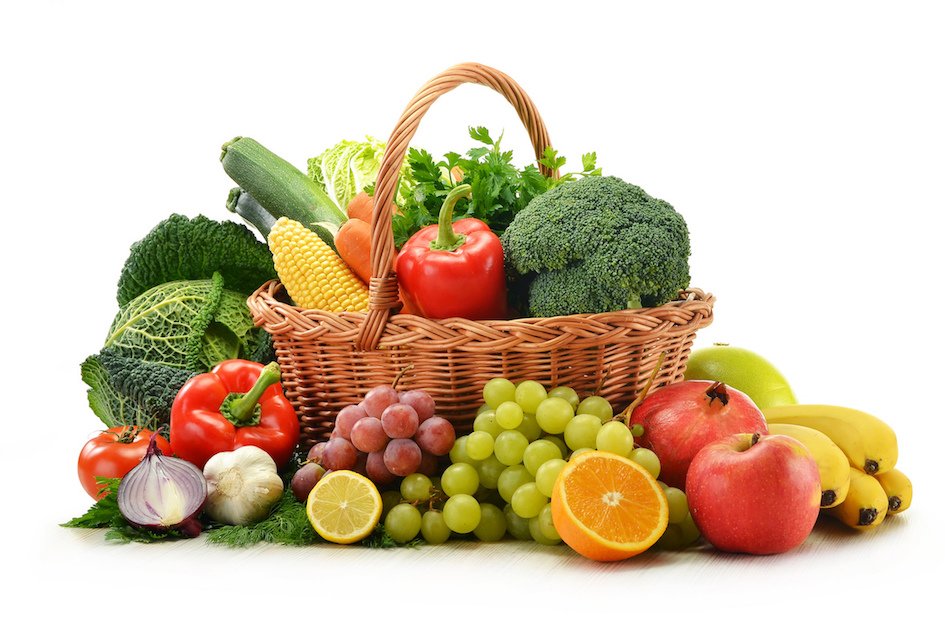Inside BENEO’s new pulse plant: pioneering sustainable protein from faba beans
Discussions were held on to identify scalable actions towards building convergence strengthening food systems in India
The CII Pre Event of UN Food Systems Summit (UNFSS) 2021 was recently held. The summit was organised to identify key actions towards scaling efforts towards improving the food systems in India leveraging a multistakeholder collaborative framework . Focus was on the Action Tracks of ‘Boosting nature positive production and climate resilience’; ‘Advancing equitable livelihoods’ and ‘Scaling sustainable consumption’.
Dr Martin Frick Deputy to Special Envoy of the UN Secretary-General for the 2021 Food Systems Summit said, “UN Food Systems Summit 2021 has been catalytic in transitioning discussion on food to a holistic food systems approach. Initiatives like the Green Climate Fund will support the upcoming coalitions to work on the actions identified towards the 2030 agenda.”
Pushpa Subrahmanyam, Secretary, Ministry of Food Processing Industries, Government of India, highlighted on scaling sustainable consumption. and on the initiatives taken by MoFPI for strengthening the local value chains.
Sudhanshu Pandey, Secretary, Department of Food and Public Distribution, Ministry of Consumer Affairs, Food and Public Distribution Government of India mentioned that delivering nutrition and supporting diet diversity are important aspects being integrated with our food security efforts at DFPD.
Pawan Aggarwal, Former CEO, FSSAI and former Secretary, Govt of India and Co- Chair of the Working Group for Food Safety, UNFSS 2021 mentioned that the framework for scaling sustainable consumption has to look at creating the right balance between health, taste and affordability.
Ajay Vir Jakhar, UNFSS Action Track 2 Vice Chair and Chairman, Bharat Krishak Samaj, mentioned that farmers produce what markets demand and therefore sustainable change in consumption patterns can occur by nudging consumers towards healthier food choices.
Sanjiv Puri, Chairman, CII National Council on Agriculture and CMD, ITC highlighted that farmer aggregation through FPOs, focus on climate resilience, demand responsive value chains and digitalisation are the key levers to fast track food systems transformation.
Suresh Narayanan, Chairman, CII National Committee on Food Processing industries highlighted that a simple 10 per cent reduction in food losses and a change to diets by including use of more fresh and local foods would help reduce overall demands for energy, water and land.
The session saw a panel discussion and the panellists were P Ravichandran, Chairman, CII Task Force on Post-Harvest & Logistics and President, Danfoss India, Pankaj Mehta, Co-Chairman, CII Task Force on Post-Harvest & Logistics and Managing Director, Carrier Transicold India and South Asia, Arabind Das, Co-Chairman, CII National Committee on Fisheries, Animal Husbandry and Dairying and CMD, NutriWizGlobal Food Advisory Services, Varun Deshpande, CEO, Good Food Institute, and Meeta Sharma, Senior Manager, Feeding India.
“Integrated farming models are suitable for small & marginal land holders towards ensuring better incomes and securing livelihoods,” said Dr Trilochan Mohapatra, Secretary, Department of Agricultural Research and Education & Director General, ICAR.
Joao Campari (UNFSS Action Track 3 Chair), Global Leader Food Practice, WWF International, mentioned “The cost of externalities including impact on environment human life, and economy is almost double that of actual cost of food production. Thus food is currently priced at only 1/3 rd of its true value.”
“Farming Carbon as a form of commodity that can be traded can create another income stream for farmers” said Dr. Rattan Lal (UNFSS – Scientific group), Professor of Soil Science, Director of the Carbon Management and Sequestration Center, Ohio State University, while mentioning the importance of a soil centric approach towards sustainable production.
“Agriculture can be positioned as a strong pillar for India’s economic growth over the next decade towards achieving the SDGs of Zero Hunger and No Poverty,” said Duraiswami Narain, Chair, CII core Group on Sustainability, Senior Bayer Representative for South Asia and Vice CMD, Bayer CropScience Limited while addressing the session.
The had panellists, Rahoul Sawani, President – South Asia, Corteva Agriscience; Sameer Goel, MD, Coromandel International; Roshan Lal Tamak, Executive Director and CEO (Sugar Business), DCM Shriram; Rohtash Mal, Chairman, EM3; Sriram Gopal, Founder, Future Farms; and Rahul Kumar, farmer representative.
Nagendra Nath Sinha, Secretary, Ministry of Rural Development, Government of India during his keynote address talked on advancing equitable livelihoods at the CII National Dialogue on Agri & Food: Actions towards strengthening Food Systems in India.
Swain, Additional Secretary, Ministry of Agriculture & Farmers’ Welfare, mentioned ‘Scaling the Farmer producer Organization Model with better access to markets and infrastructure is a key focus area of Government of India towards advancing equitable livelihoods’.
Dr Han Ulaç Demirag, Country Director & Head of South Asia Hub, International Fund for Agriculture Development, India, mentioned that food systems must be self-sustaining to ensure they can significantly contribute to the goal of sustainable livelihoods.
Bishow Parajuli, Country Director & Representative, World Food Programme India talked about advancing equitable livelihoods for India through advancing food systems.
Karl Deering, Director, Care International talked about scaling the skills and capabilities of vulnerable and marginalised people in the food supply chain offers opportunity for generating employment and advancing equitable livelihood.
S Sivakumar, Group Head Agri & IT Businesses, ITC, opined about models such as cooperatives, connected value chains, and leveraging digital technologies can further help us in scaling the process of equitable livelihoods.
The session had a panel which was chaired by Rajeev Ahal, Director, Natural Resource Management, GIZ. The panellists were Amrendra Mishra, MD, ADM; Sunil Kajaria, CEO, Keventer Agro; Reema Nanavaty, Director, SEWA; Ruchi Jain, CEO, Taru Naturals; and Ganapathy Ajeethan, General Secretary, Tamil Nadu Banana Growers Federation.

